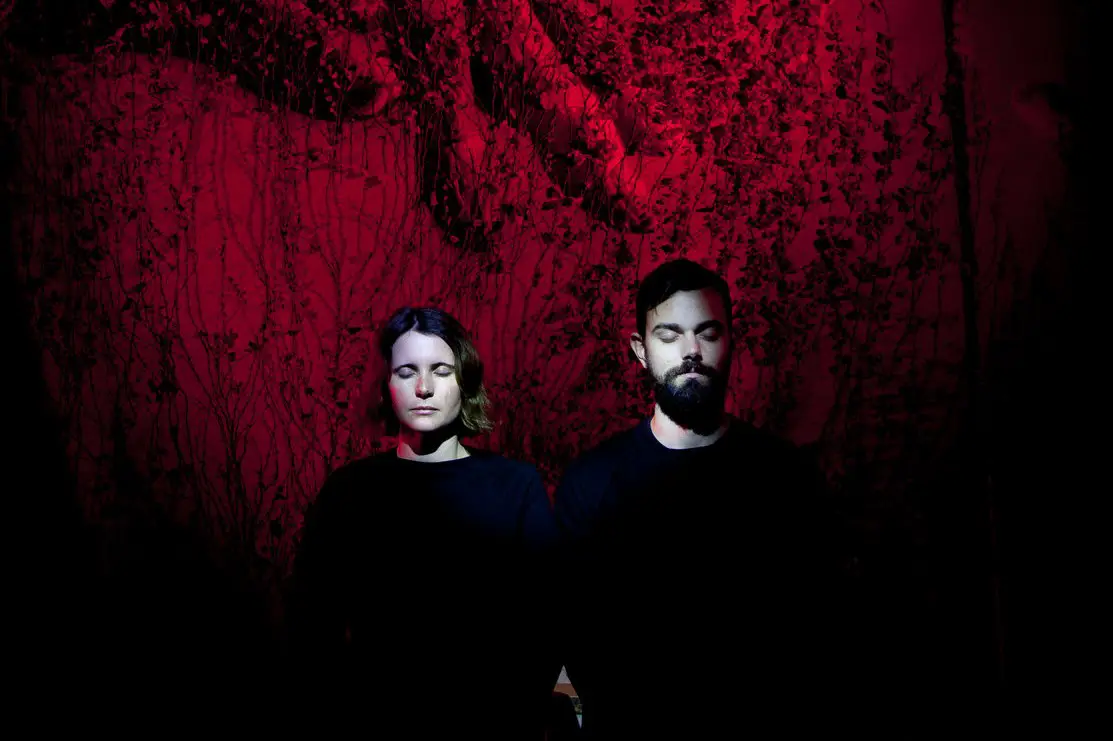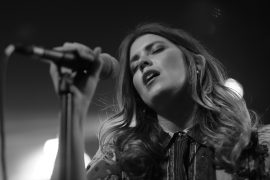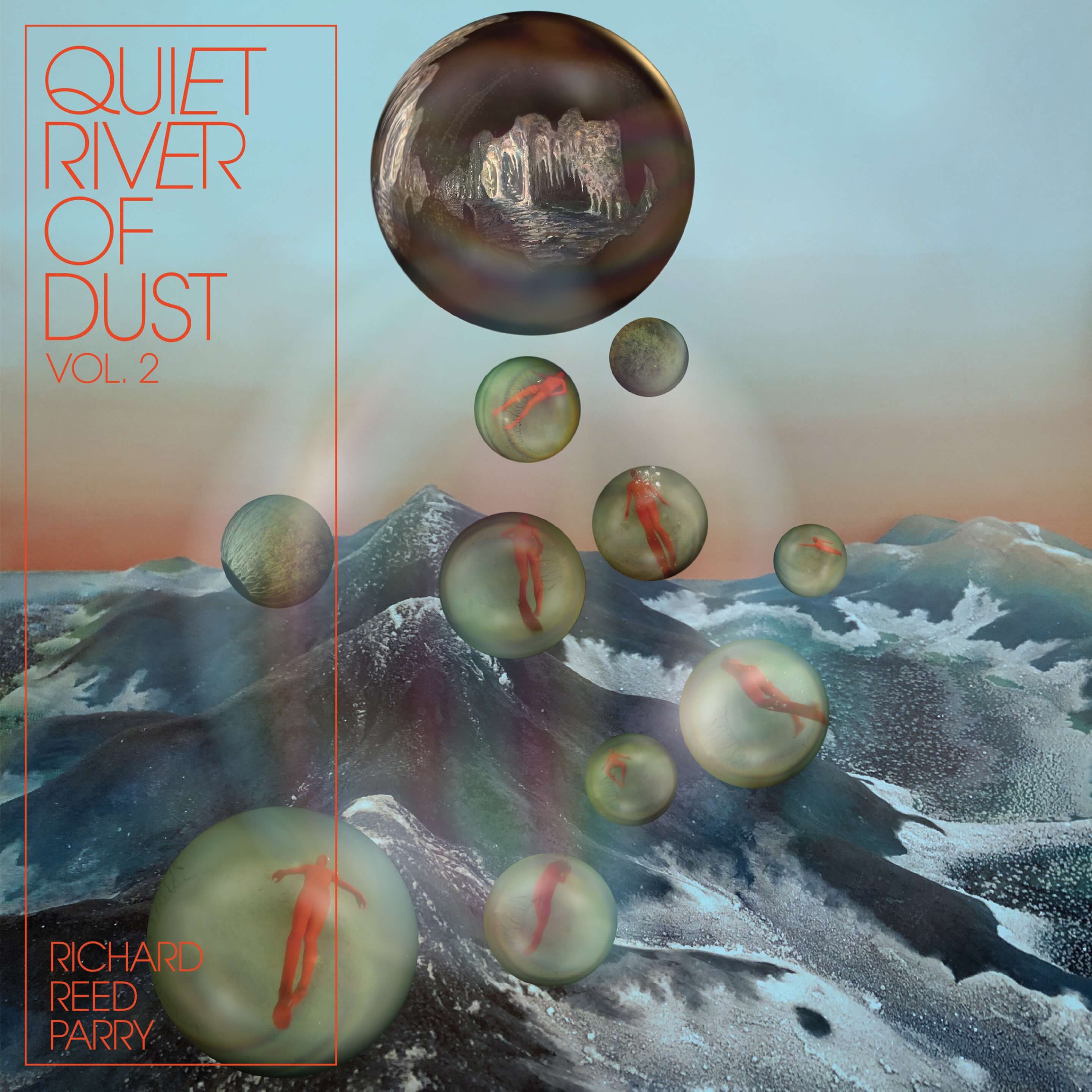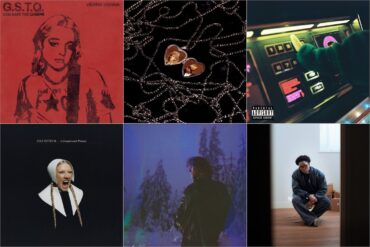The Cure make a triumphant return to what they know best – melancholy – with “Alone,” the lead single from their upcoming fourteenth album, ‘Songs of a Lost World.’
 follow our Today’s Song(s) playlist
follow our Today’s Song(s) playlist 
Stream: “Alone” – The Cure
This is the end of every song that we sing…
* * *
I was so sure that The Cure – like most bands of a certain age who take decades-long breaks – would fumble their return to vinyl, that I began writing the opening paragraph of this piece the night before the release of “Alone,” the lead single from Songs of a Lost World, the band’s first studio album since 2008.
Figuring I would save myself time if I put pen to paper (fingers to iPhone notes app) and foreshadowed the song’s inevitable shortcomings–even though I desperately wanted them to defy the odds, of course – I wrote that resurrection miracles are reserved for Biblical heroes and Bernard Sumner of Joy Division and New Order. I (happily) stand corrected.

I spent the days leading up to the track’s release thinking about what needed to happen for “Alone” to resonate with fans. With The Cure’s track record of failed experiments and unwanted deviations since the 1992 release of Wish, the path to success for their upcoming album leads right back to the melancholy, goth rock of the band’s early days. Because the band so sharply departed from the sounds of their early days in the albums they made between 1993 and 2008, the woeful tones of albums like Three Imaginary Boys and Seventeen Seconds are not tired, but welcome. I imagine fans everywhere breathing a sigh of relief as “Alone’s” opening notes pierce the air – “Ahh, sweet despair.”
With my first listen to “Alone,” I felt hopeful, but overwhelmed by the nearly three and a half minute instrumental that kicks off the song. Toward the end of my second listen, I turned inward. Halfway through my third replay, I felt like Matthew McConaughy’s character in Christopher Nolan’s Interstellar. After the fourth listen, I walked downstairs and told my boyfriend, “I think this new song from The Cure is growing on me.”
This is the end of every song that we sing
The fire burned out to ash
and the stars grown dim with tears
Cold and afraid,
the ghosts of all that we’ve been
We toast with bitter dregs, to our emptiness
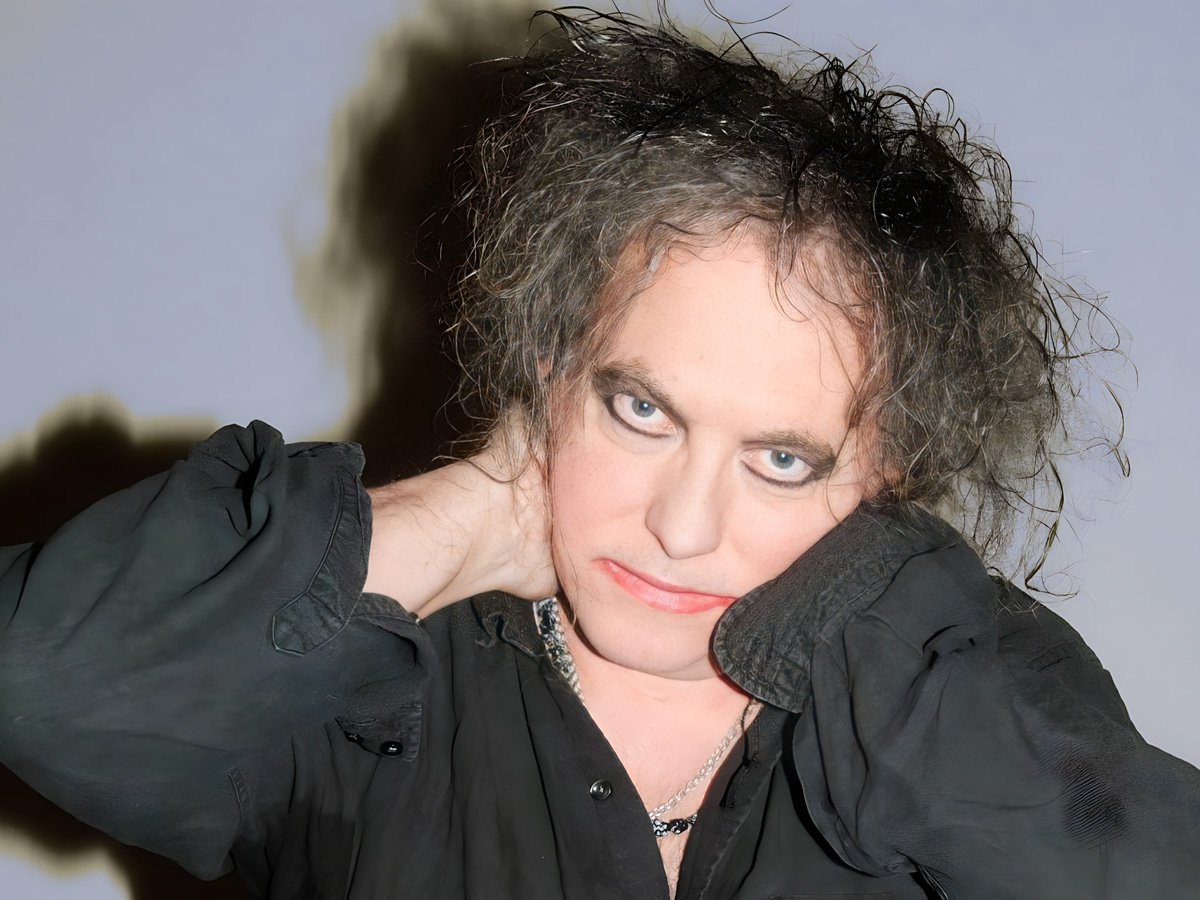
As a writer, I lean into metaphor and exaggeration. But I’m only half-joking when I mention the celestial journey that listeners sign up for when they hit play on “Alone.”
There are few words in the English language fitting enough to describe the track’s opening moments. “Epic” looks to be a favorite for other journalists, as it appears in half the headlines of articles announcing the song’s arrival. Experiencing the epic, something that is “heroic or grand in scale or character,” is inherently intense. But isn’t that why we listen to The Cure in the first place? For lush instrumentals and introspective vocals–to acknowledge that anything, especially wallowing, feels good in moderation–for music that we listen to alone.
The Cure have long searched for meaning between melancholy notes and agonizing verses. “Cold and afraid, the ghosts of all that we’ve been,” Smith sings longingly, “We toast with bitter dregs, to our emptiness.” In his verses, there’s an obvious aching for the acute emotions of youth, now found only in dreams, “And we close our eyes to sleep / To dream a boy and girl / Who dream the world is nothing but a dream.”
But emptiness is not an option for frontman Robert Smith. Even in his gloom, he captures the fervor he pours into any and every void:
And the birds falling out of our skies
And the words falling out of our minds
And here is to love, to all the love
Falling out of our lives
Hopes and dreams are gone
The end of every song
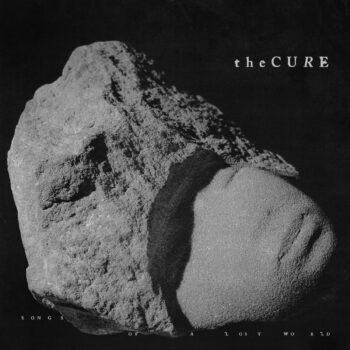
On their arguably most famous album, Disintegration, The Cure explore the very human fear of aging. “The crux of this album [Disintegration],” Smith told OOR Magazine in 1989, “is the horror of losing the ability to feel things really deeply as you get older.” Now, 35 years older than he was at the time of that interview, Smith simultaneously holds tightly to and lets go of that fear, infusing it into the fiber of “Alone’s” being.
Robert Smith has been promising some iteration of Songs From A Lost World since 2014. It was first teased as 4:14 Scream, a sister album to 2008’s commercial flop, 4:13 Dream. In an interview with the Guardian in 2018, Smith admitted that he was facing a form of writer’s block. “I have tried to write songs about something other than how I felt but they’re dry, they’re intellectual,” he shared, “and that’s not me.” Creative frustrations aside, the band remained serious about stepping back into the studio. In 2019, Smith shared that the band had recorded 19 songs after three weeks of back-to-back recording sessions. In 2022, the album’s title, Songs of a Lost World, was teased. Fans have been, understandably, nervous. It’s rare–miraculous, even–for such a highly anticipated and drawn-out release to meet expectations. With the success of “Alone,” they should be able to sleep a little easier at night leading up to November first.
And it all stops
We were always sure
that we would never changе
And it all stops
We were always surе
that we would stay the same
But it all stops
And we close our eyes to sleep
To dream a boy and girl
Who dream the world is nothing but a dream
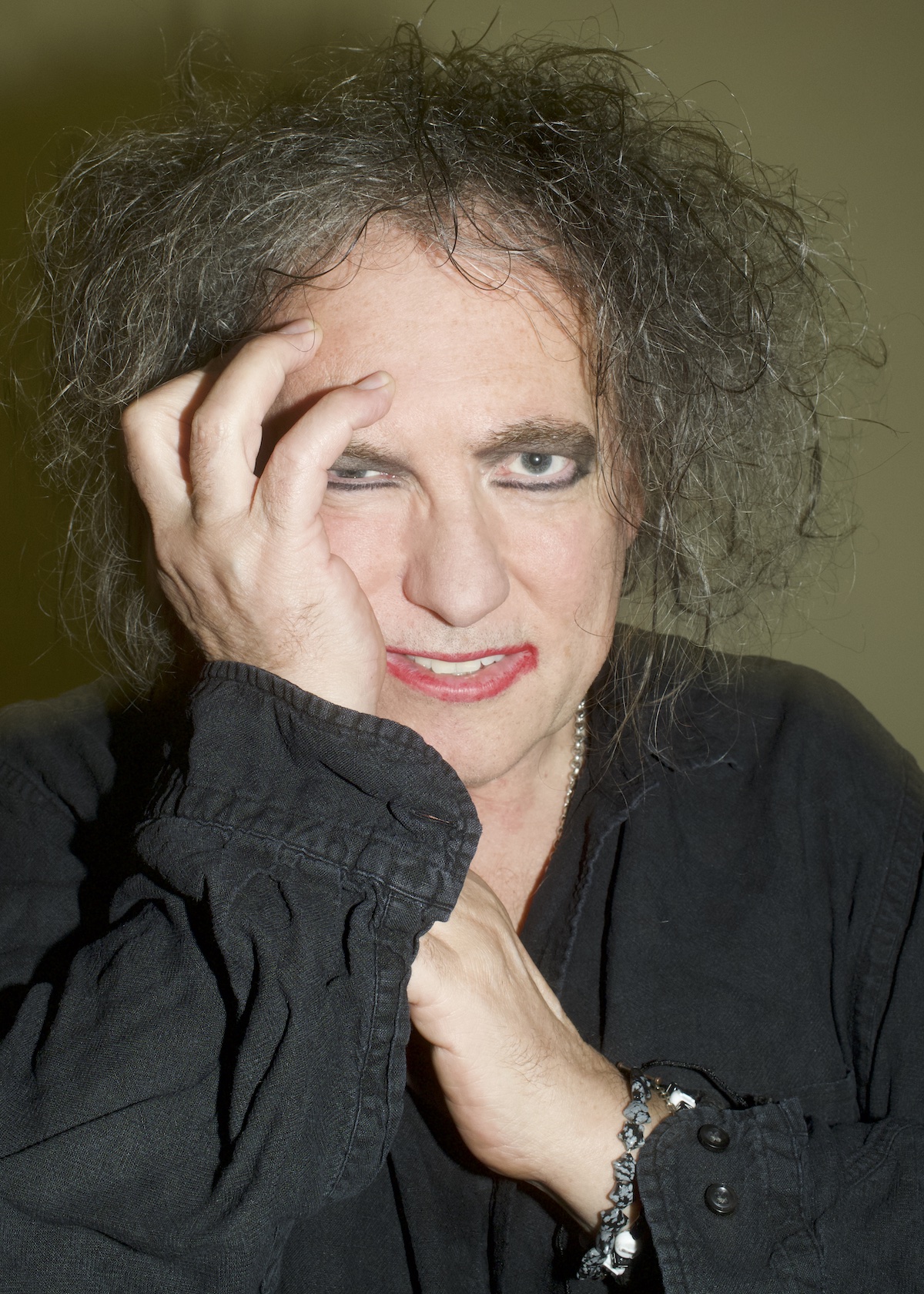
With my 50th listen to “Alone,” I again feel hopeful – for the release of The Cure’s upcoming album and for the overall state of music.
I, like so many others, incorrectly assumed that the amount of good art that one person can make is limited by both quantity and time. “Where did it go?” Smith asks, of time, of dreams, of love lost. As it turns out, the feelings – the good and the bad – exist just as strongly within Smith in 2024 as they did in 1979.
“This is the end of every song that we sing,” he croons at the start of “Alone,” pointing to the meaning that he has squeezed from every facet of life. This album may be the end for The Cure, but it’s the beginning of the journey for an entirely new demographic of fans who will be lucky enough to stumble across the band for the first time with Songs of a Lost World.
Where did it go? Where did it go?
Broken voiced lament to call us home
This is this end of every song we sing
Where did it go? Where did it go?
Where did it go? Where did it go?
Broken voiced lament to call us home
This is the end of every song we sing, alone
— —
:: stream/purchase Songs of a Lost World here ::
:: connect with The Cure here ::
Stream: “Alone” – The Cure
— — — —
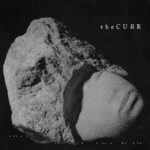
Connect to The Cure on
Facebook, Twitter, Instagram
Discover new music on Atwood Magazine
© Sam Rockman
:: Today’s Song(s) ::
 follow our daily playlist on Spotify
follow our daily playlist on Spotify 
:: Stream The Cure ::

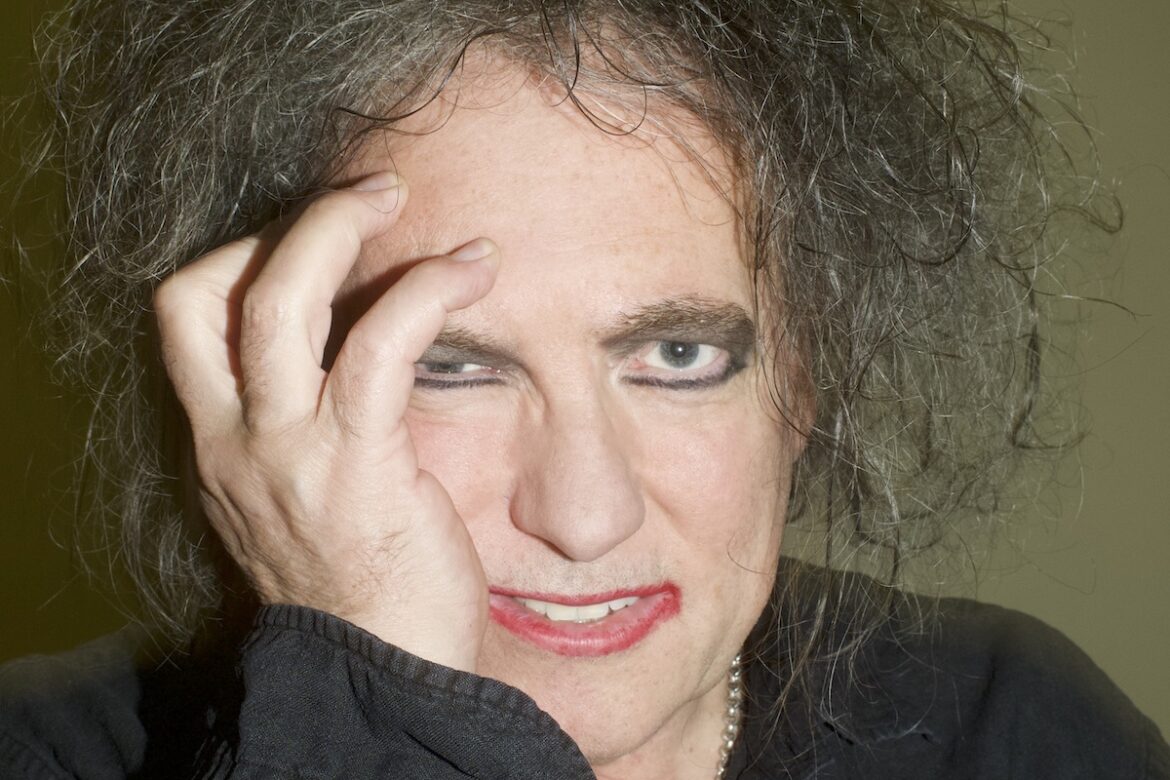

 © Sam Rockman
© Sam Rockman
